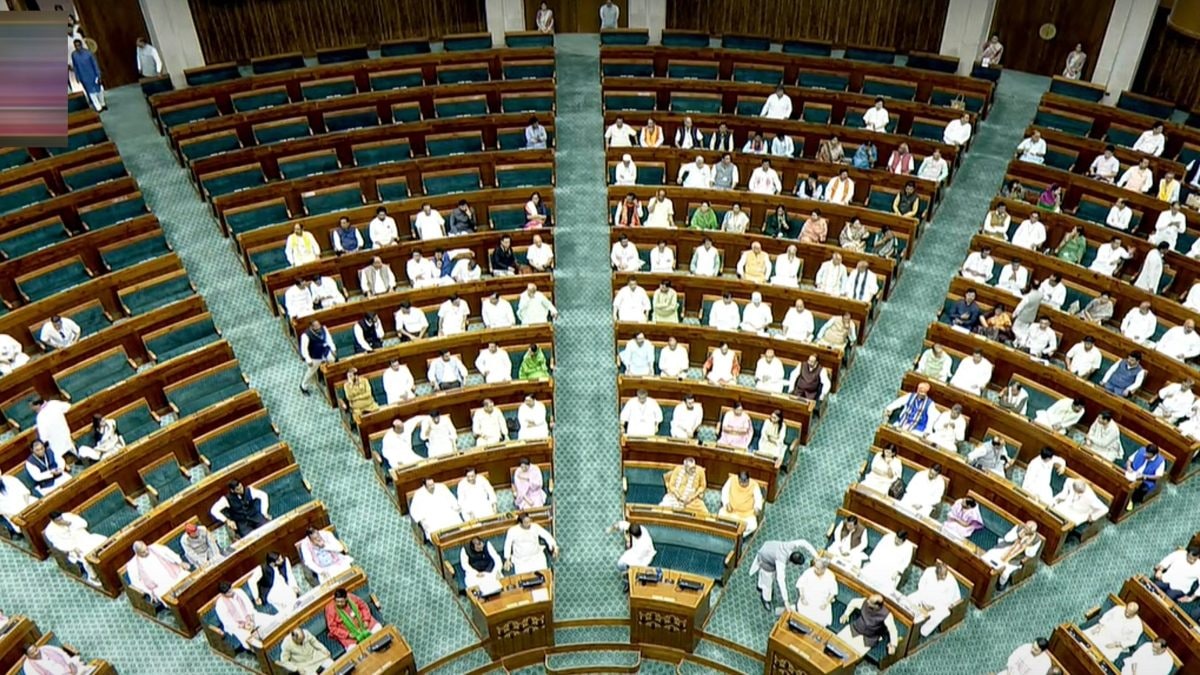The Joint Parliamentary Committee (JPC) has been formed to examine and report on the Waqf (Amendment) Bill 2024, a significant legislation aiming to revamp the existing Waqf Act. The bill, which has been introduced in the Lok Sabha, has attracted widespread attention and sparked debate among various stakeholders. Recognizing the importance of public participation in this critical legislative process, the JPC has decided to solicit suggestions and viewpoints from the general public, NGOs, experts, and other stakeholders.
The Waqf (Amendment) Bill 2024: A Comprehensive Overview
The Waqf (Amendment) Bill 2024 aims to amend the existing Waqf Act, which governs the administration and management of Waqf properties in India. The Waqf Act is a crucial piece of legislation, as it governs the use of property designated for charitable and religious purposes. Waqf properties play a significant role in the social and religious lives of Muslim communities in India.
Objectives and Scope of the Bill:
The Bill aims to achieve a wide range of objectives, including:
- Improving transparency and accountability: The Bill seeks to enhance transparency and accountability in the administration and management of Waqf properties by establishing clear guidelines and regulations.
- Strengthening the Waqf Boards: The proposed amendments aim to strengthen the Waqf Boards, which are responsible for overseeing the management of Waqf properties.
- Preventing misuse of Waqf properties: The Bill aims to address concerns about the misuse of Waqf properties and ensure that they are utilized solely for their intended purpose.
- Streamlining the registration process: The Bill seeks to streamline the registration process for Waqf properties and make it more efficient.
The Bill has been welcomed by some for addressing long-standing concerns surrounding the administration of Waqf properties. However, others have raised concerns about potential misuse of the legislation and have urged for greater transparency in the amendment process.
The Joint Parliamentary Committee: Seeking Public Participation
The Joint Parliamentary Committee (JPC) has been entrusted with the critical responsibility of scrutinizing the Waqf (Amendment) Bill 2024. To ensure a thorough and comprehensive examination, the JPC has taken a crucial step of inviting suggestions from the public and experts. The decision to seek public input reflects the JPC’s commitment to transparency and its recognition of the significant role that diverse viewpoints play in shaping effective legislation.
Engaging with Stakeholders:
The JPC’s invitation for suggestions is a call for all interested parties, including individuals, organizations, and experts, to share their perspectives on the Bill. The JPC seeks to gain valuable insights from diverse groups, considering their expertise and experiences with Waqf properties. This engagement with stakeholders aims to ensure that the JPC receives a comprehensive understanding of the Bill’s implications and to encourage open dialogue and deliberation.
Importance of Public Participation:
The JPC’s initiative to invite public participation is commendable. This approach recognizes that legislation impacting such sensitive areas as religious properties and social welfare necessitates broad input. The participation of stakeholders, especially those directly affected by the Bill, will ensure that the JPC has access to diverse perspectives and insights.
Concerns and Opposition
Despite the JPC’s call for public participation, concerns and opposition to the Waqf (Amendment) Bill 2024 have surfaced from various quarters. Some groups have expressed reservations about the Bill’s potential to encroach on the autonomy of religious institutions and the right to manage religious properties.
Slogans and Opposition:
During the first meeting of the JPC, opposition MPs voiced concerns about the Bill’s provisions and staged protests by raising slogans. These demonstrations underscore the intense scrutiny and debates surrounding the proposed legislation.
The JPC’s Continued Deliberations
Despite the controversies and opposition, the JPC has continued its deliberations on the Waqf (Amendment) Bill 2024. In subsequent meetings, the JPC has invited representatives of Muslim organizations to present their perspectives on the Bill.
Seeking Muslim Organisations’ Input:
The JPC’s decision to engage with Muslim organizations reflects the committee’s awareness of the Bill’s potential impact on Muslim communities. These organizations, through their direct engagement with Waqf properties and their understanding of the community’s needs, offer invaluable perspectives that can enrich the JPC’s understanding of the Bill.
Key Takeaways
The Waqf (Amendment) Bill 2024 stands at the intersection of law, religion, and social welfare. This legislation has sparked debate and concerns, making the role of the JPC crucial in ensuring a balanced and comprehensive examination. The JPC’s decision to solicit suggestions from the public, experts, and Muslim organizations is a positive step towards achieving a more transparent and informed legislative process.
- Public Engagement: The JPC’s call for public participation is crucial in fostering transparency and ensuring that the Bill is scrutinized from various viewpoints.
- Importance of Consultation: Engaging with Muslim organizations and other stakeholders is vital in understanding the Bill’s potential impact and ensuring its implementation considers the diverse perspectives of those directly affected.
- Balancing Reform and Rights: The JPC must carefully consider concerns about potential encroachment on religious freedoms and strive for a balance between reform and the preservation of rights.
The future of the Waqf (Amendment) Bill 2024 remains to be seen. However, the JPC’s proactive engagement with stakeholders and its commitment to a thorough examination are positive indicators for a more transparent and equitable legislative process.




